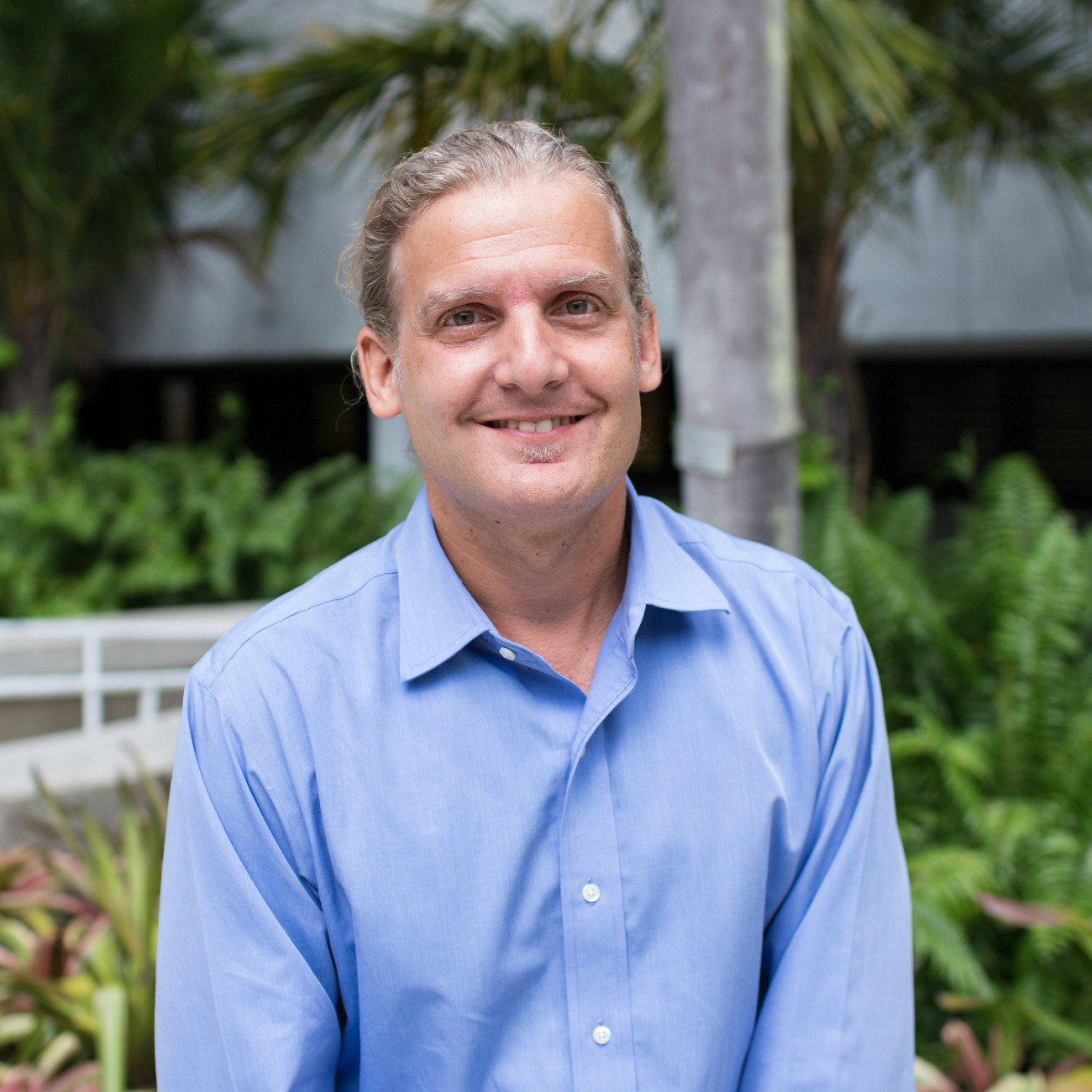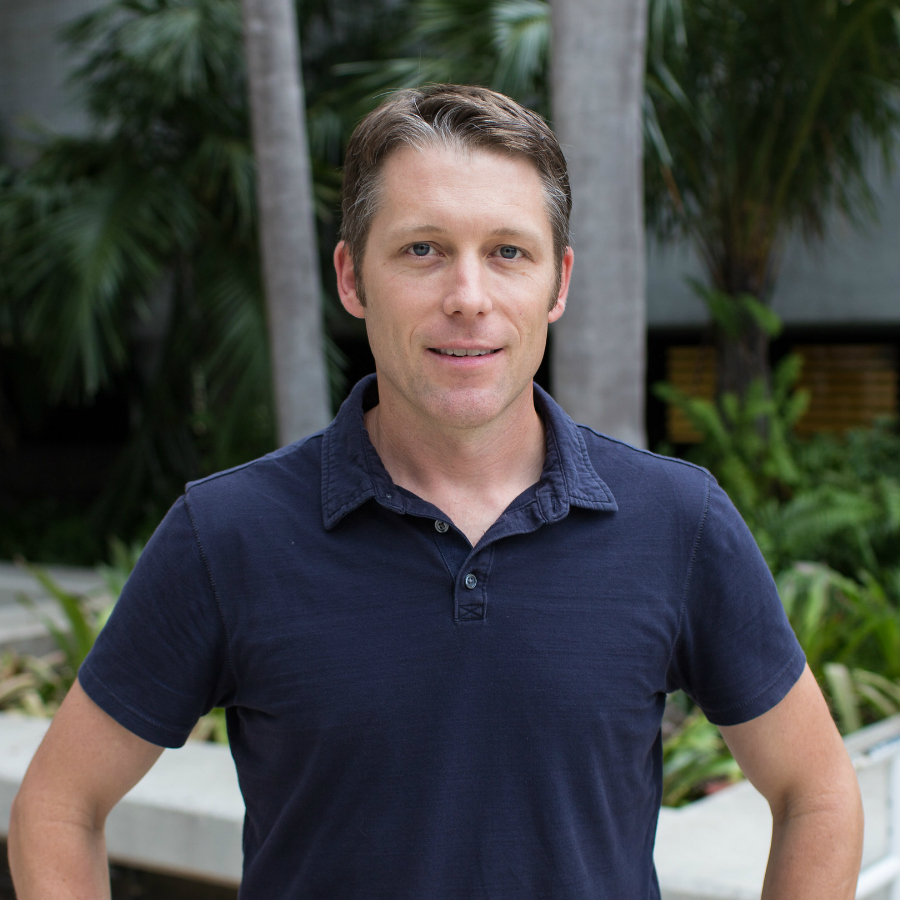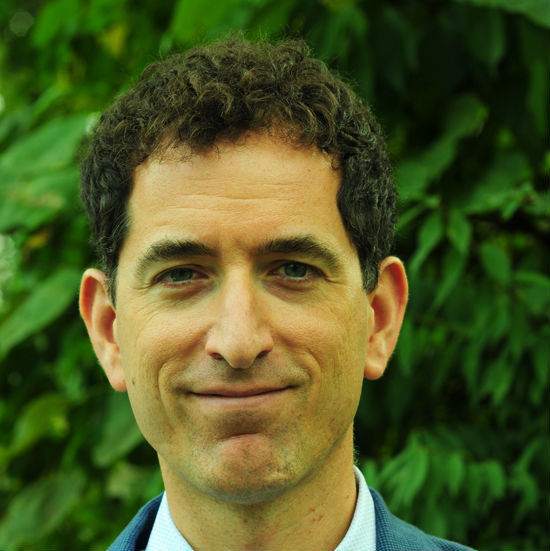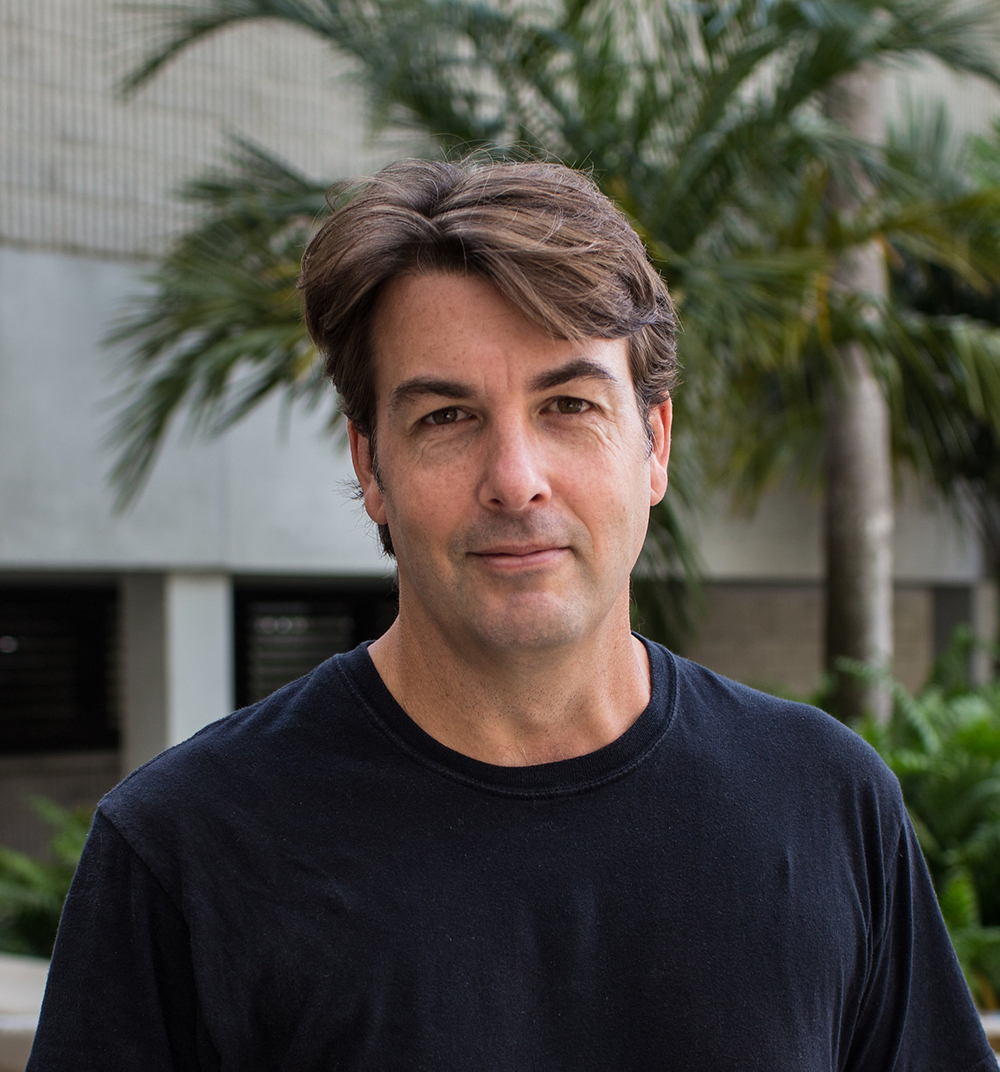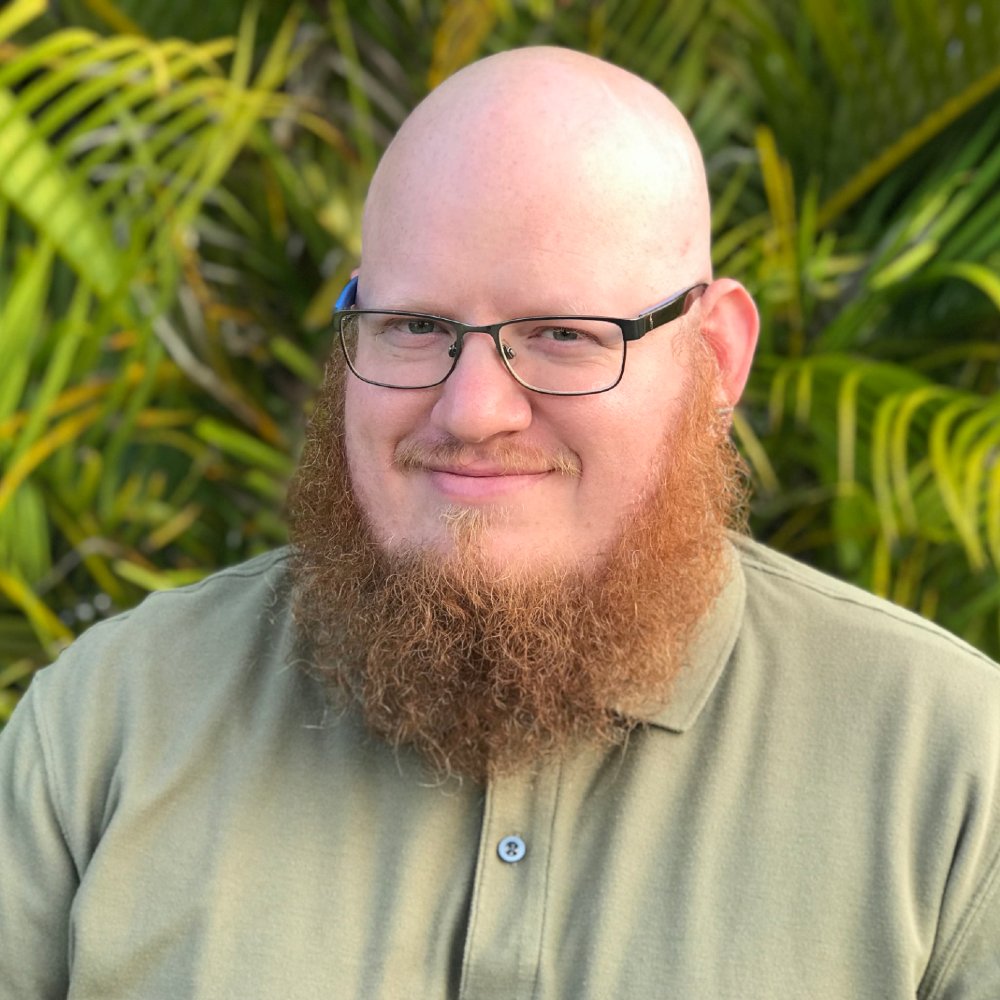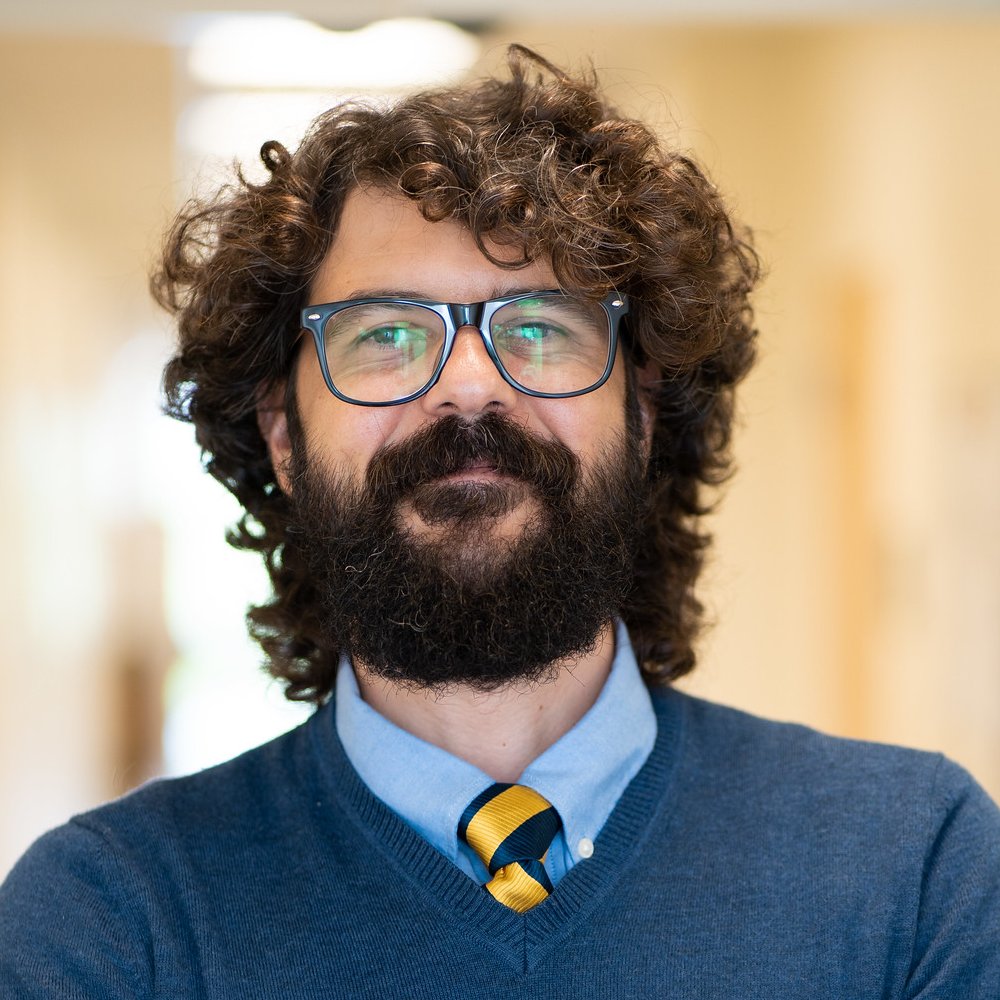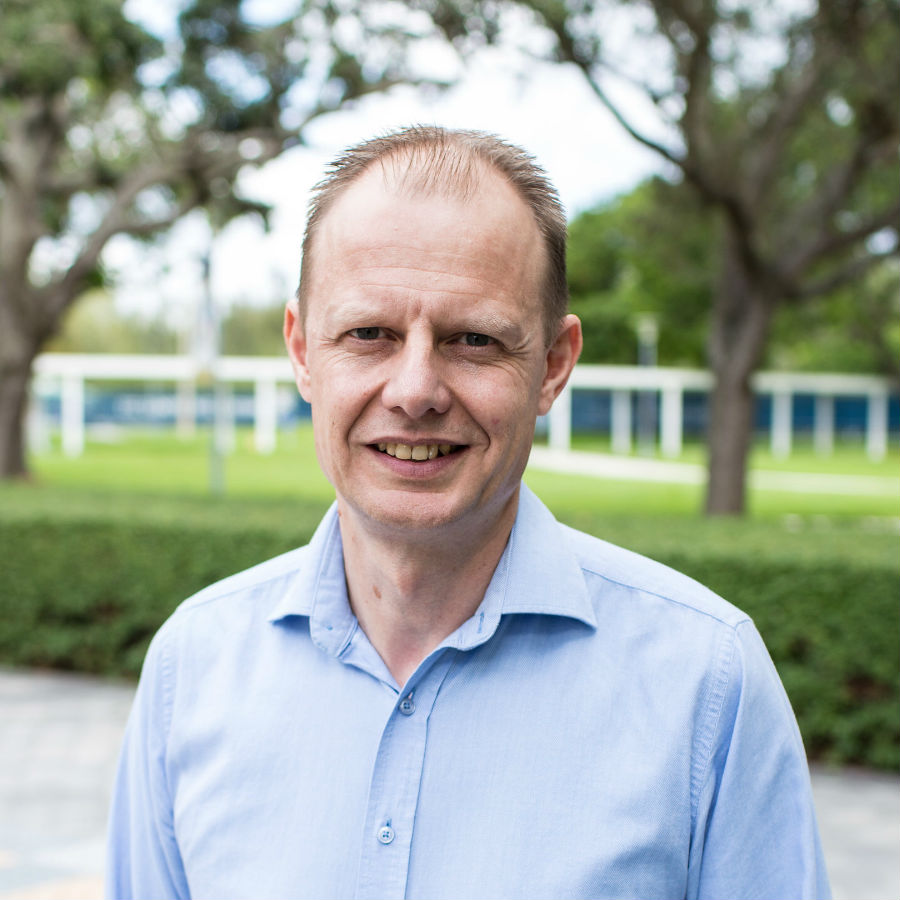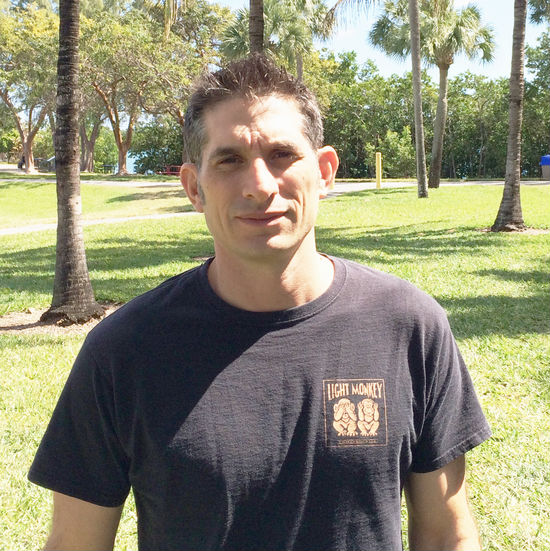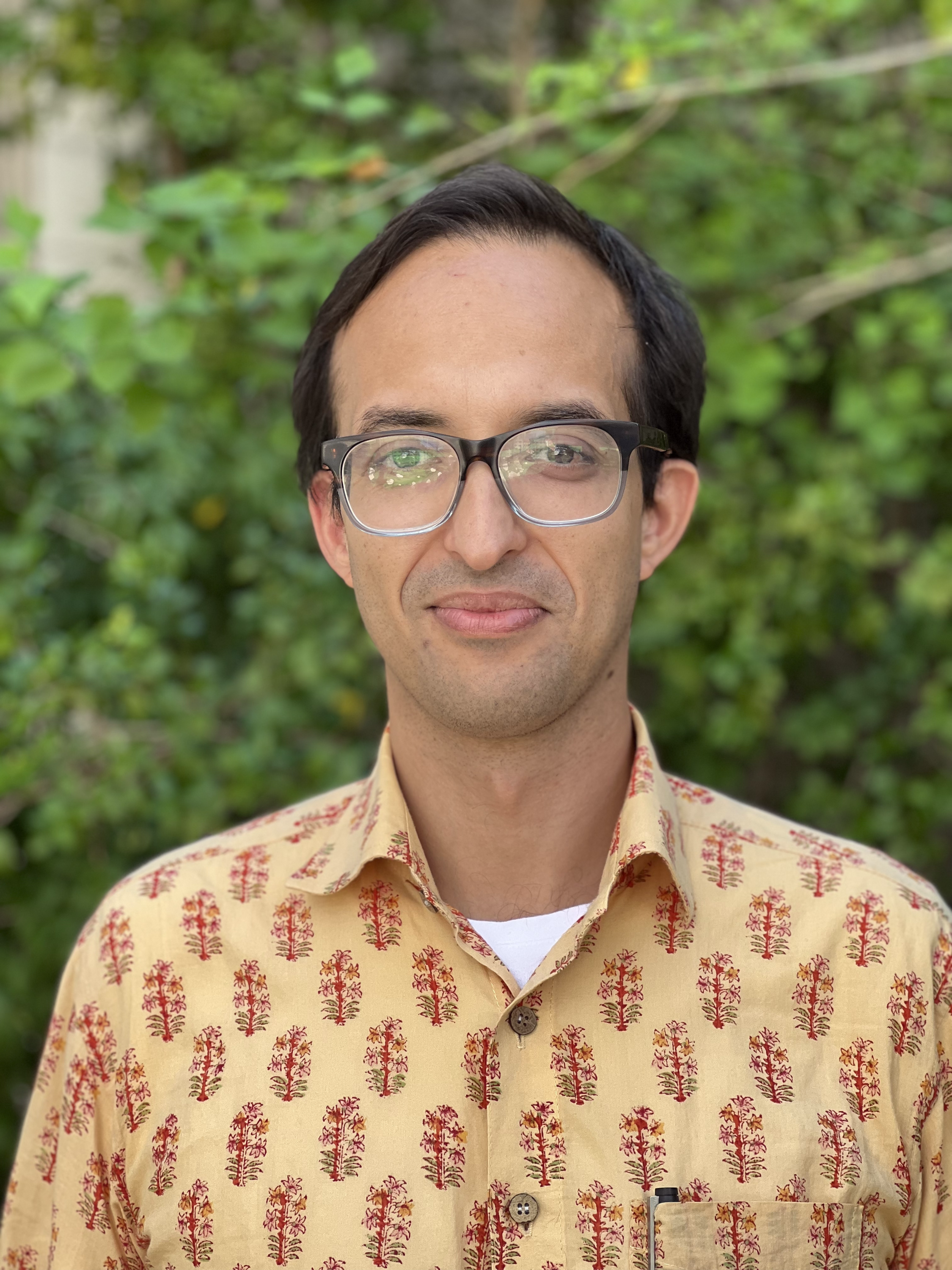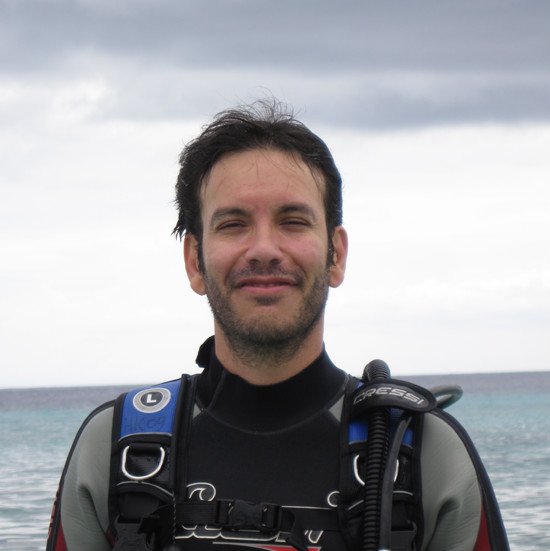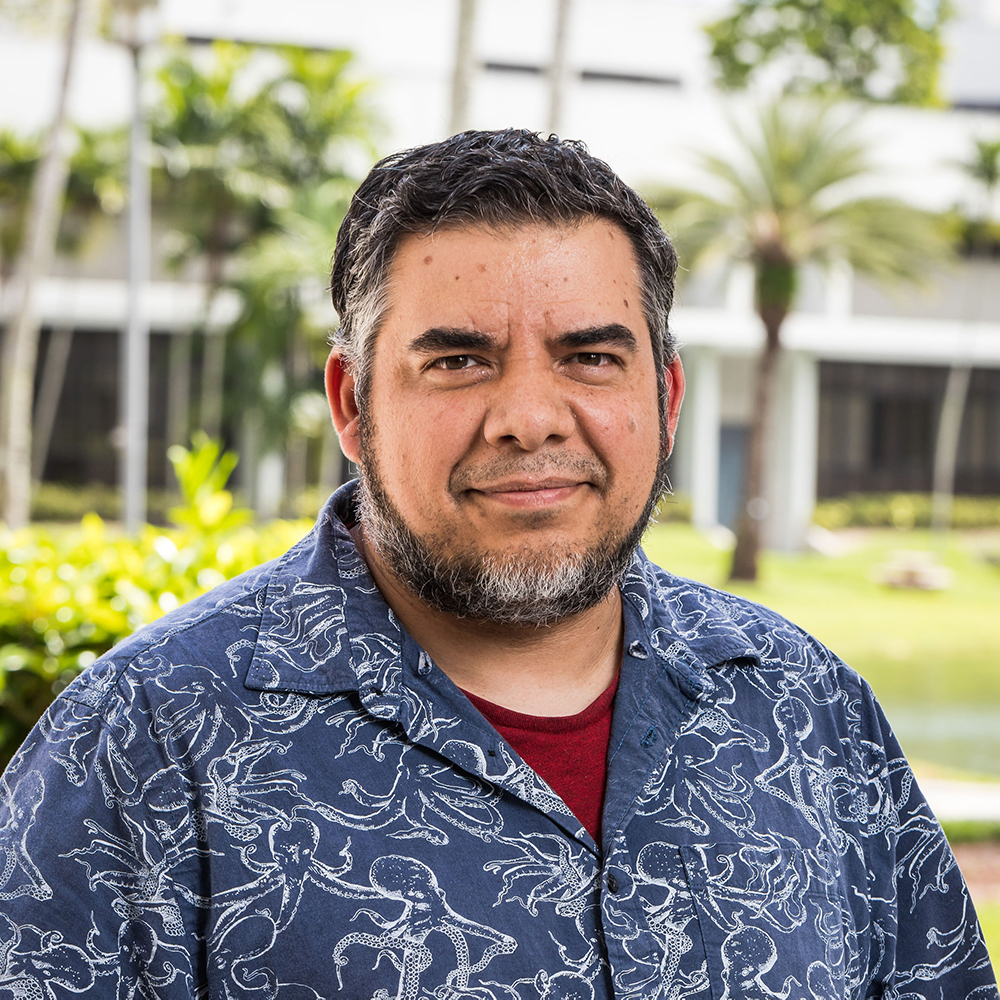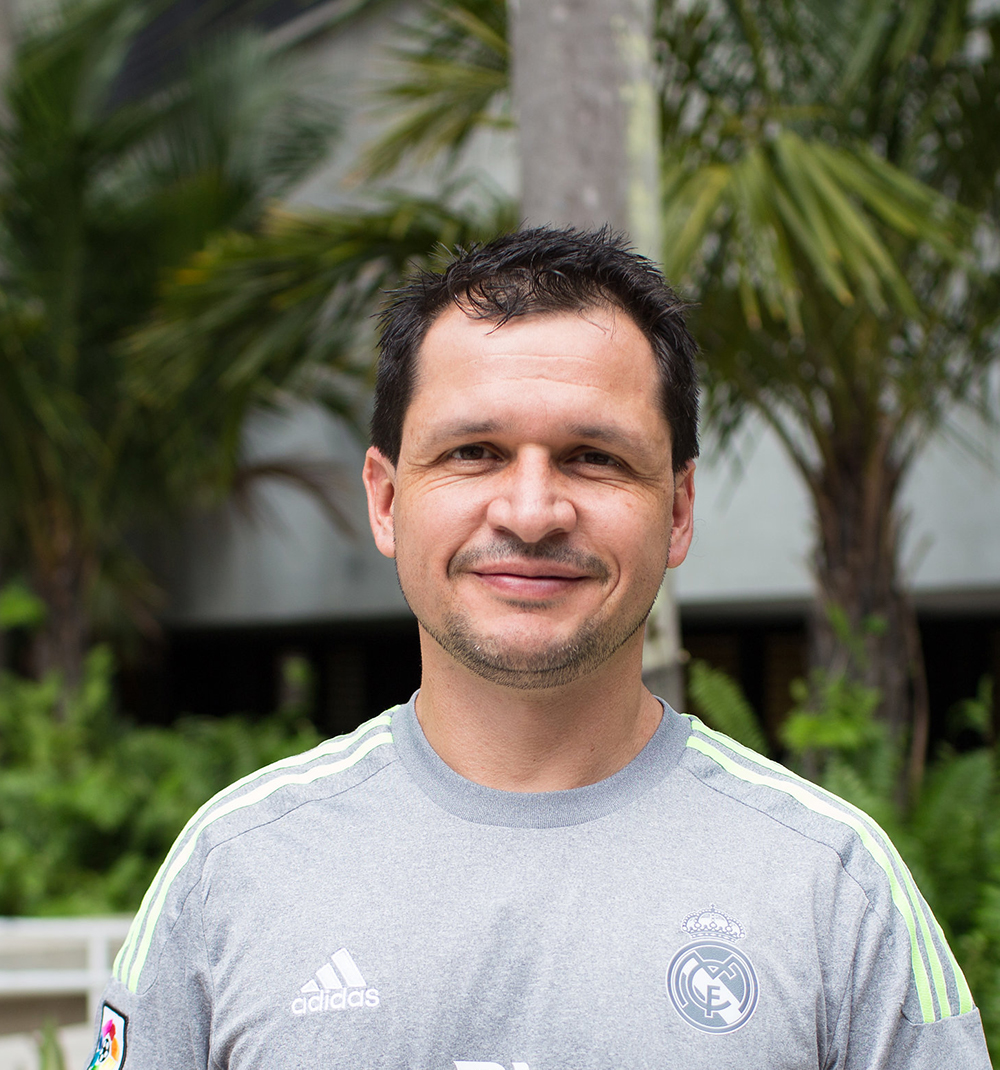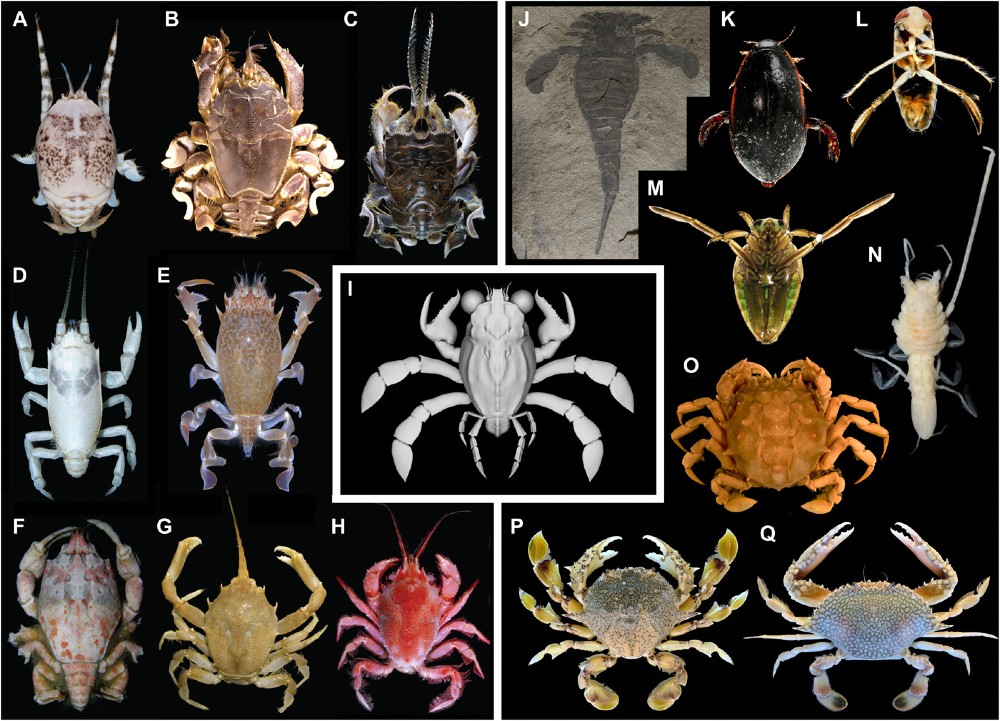
Some of the strangest creatures on Earth live in unforgiving places like the ocean’s Twilight Zone, in the depths sunlight can’t reach. Just finding out what lives there is a challenge, but our scientists are exploring places like the deep ocean and underwater caves to learn how animals evolved to thrive there with tools such as bioluminescence.
It isn’t just the deep-sea survivors that have to adapt to environmental challenges. Climate change puts pressure on all species, underwater to above water, higher temperatures and unprecedented disaster events have changed the way many organisms adapt to survive. Coral reefs and populations of crabs, lobsters and other shellfish are updating their evolutionary biology to adapt to more acidic waters. By studying the behaviors and genetics of animals and plants including crustaceans, amphibians, corals, orchids, sharks and rays, we are building a clearer picture of how these species might be able to survive.
The Institute is a hub for research in functional trait ecology and evolution, working on organism across the tree of life in terrestrial, aquatic and marine ecosystems. From fungi and bacteria associated with plant roots growing from mountains to wetlands, to the physiological basis for bioluminescence in marine invertebrates, our scientists are discovering and revealing the amazing natural history stories underpinning the world around us.
From shrimp that glow in the dark to sharks that can reproduce asexually to lizards that change their genes based on location, we are learning what the most unusual animals can teach us about surviving against the odds.
Featured Projects
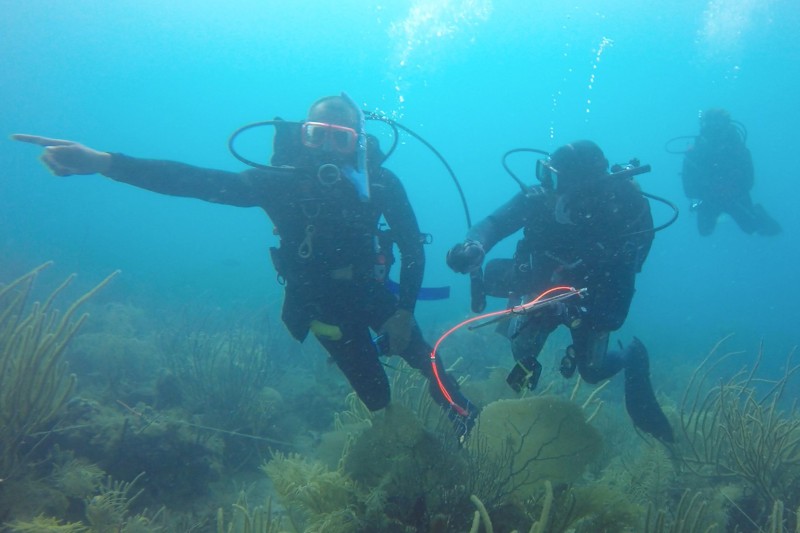
While epigenetics has been studied in other living organisms, it hasn’t been widely studied in coral. FIU molecular biologist Jose Eirin-Lopez is changing that. With a $3 million grant from the National Science Foundation's Understanding the Rules of Life (URoL): Epigenetics program, our researchers are investigating the epigenetic modifications happening in coral.
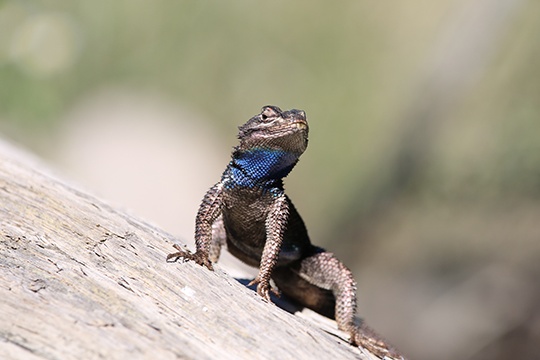
"Evolutionary Reversals" in Lizards
It is classically thought that testosterone is a "promoter of growth". But in lizards, the hormone actually inhibits growth. This strange difference across species raises the intriguing possibility that, far from being hard-wired, the effects of testosterone (and other hormones) on growth and other processes may change during evolution. FIU evolutionary biologist, Christian Cox, explores what happens when such a "evolutionary reversal" takes place.
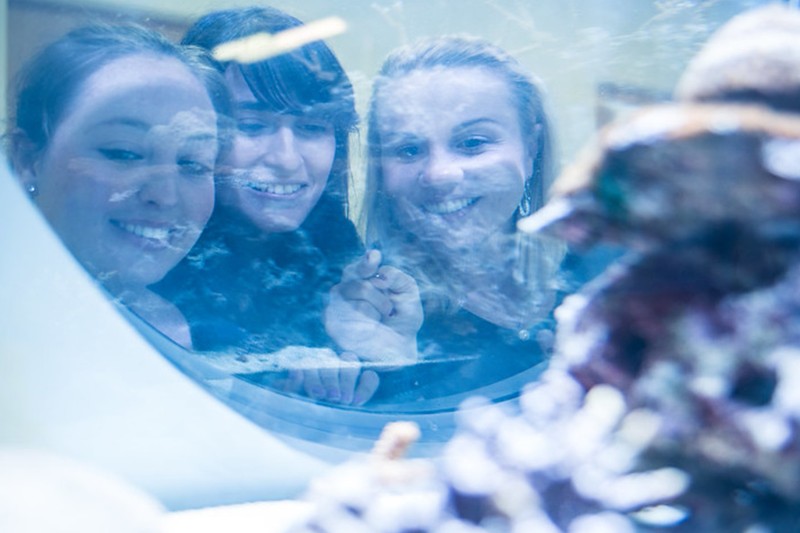
Our researchers are diving into the ocean's Twilight Zone to better understand the mysterious creatures that live there. We study their evolutionary adaptations, relationships, and origins so that we can understand how they survive in such a unique environment. From giant squids to tiny shrimp, the organisms that have eluded scienists for decades may finally come to light.
Related Programs & Centers
Our ongoing educational, research and community initiatives are organized within thematic programs and centers which bring together experts from across the Institute of Environment.
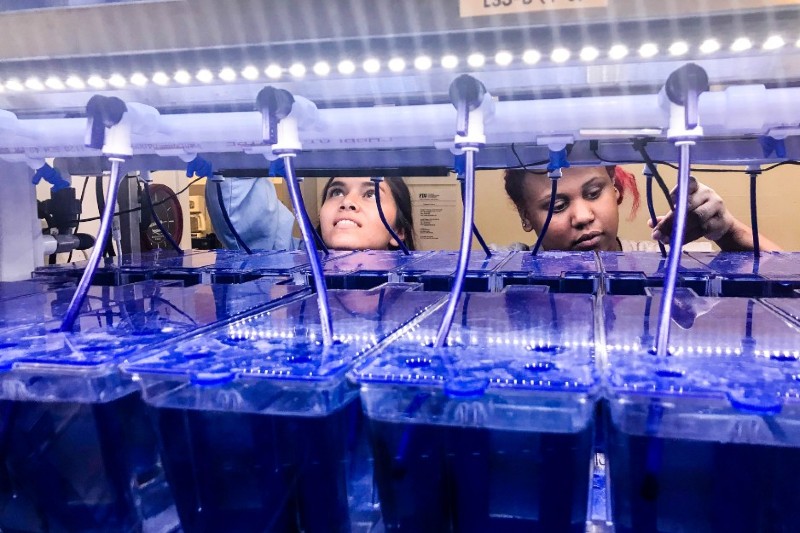
CREST Center for Aquatic Chemistry and Environment
Our NSF-funded CREST Center for Aquatic Chemistry and Environment works on understanding exactly what the role of contamination is when it comes to altering evolutionary and genetic functions. We explore the changes that fish, corals and other organisms may experience in response to pollutants and contaminants or environmental disruptions due to climate change.
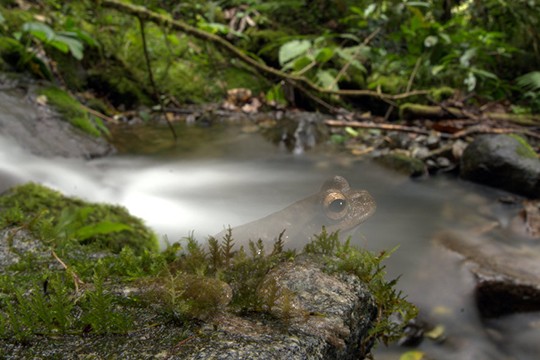
International Center for Tropical Botany at The Kampong
Our International Center for Tropical Botany at The Kampong supports projects related to understanding the evolutionary processes involved in maintaining biodiverse ecosystems, from plants to animals. We study the structure of roots to better understand their underground mechanisms, as well as explore the mysterious reason why a new species of rare frog is rapidly disappearing.
Research Groups
Faculty-led research groups sustain our discoveries and impacts.
- Baraloto Lab for Tropical Plant Diversity
- Boswell Lab for Marine Ecology & Acoustics
- Bracken-Grissom Lab for Crustacean Genomics and Systematics
- Catenazzi Lab for Conservation Biology and Herpetology
- Chapman-Papastamatiou Lab for Predator Ecology and Conservation
- Cox Lab of Integrative Evolutionary Biology
- Eirin-Lopez Lab for Environmental Epigenetics
- Harborne Lab for Tropical Fish Ecology
- Rodriguez-Lanetty Lab for Integrative Marine Genomics and Symbiosis
- Valverde Lab for Tropical Root Ecosystem and Ecology
Facilities & Services
These units represent technology and expertise that supports our research and may also be available for community use.
Experts
Christopher Baraloto
Professor; Associate Director, Institute of Environment
305-348-4027, 305-442-7169x101
cbaralot@fiu.edu
OE 243, VH 137Kevin M. Boswell
Professor; Director, Marine Biology Program
305-919-4009
kmboswel@fiu.edu
MSB 359Heather Bracken-Grissom
Professor; Assistant Director, Institute of Environment
305-919-4190; Lab 305-919-5838
hbracken@fiu.edu
MSB 361Alessandro M. Catenazzi
Associate Professor
305-348-3111
acatenaz@fiu.edu
OE 167, OE 229, OE 260Demian Chapman
Adjunct Professor
305-348-2201
dchapman@fiu.edu
MSB 317, MSB 250BChristian Cox
Associate Professor
305-348-2201
ccox@fiu.eduJose M. Eirin-Lopez
Professor
305-919-4000; Lab: 305-919-5631
jeirinlo@fiu.edu
MSB 360Alastair Harborne
Associate Professor
305-919-4232
aharborn@fiu.edu
MSB 312BYannis Papastamatiou
Associate Professor
305-919-4017
ypapasta@fiu.edu
MSB 355Adam Roddy
Assistant Professor
aroddy@fiu.eduMauricio Rodriguez-Lanetty
Professor
305-348-2201
rodmauri@fiu.edu
AHC1 319BDiego Salazar Amoretti
Assistant Professor
305-348-7316, 305-348-2201
dsalazar@fiu.edu
OE 310, OE 310A, OE 313, OE 244Oscar J. Valverde-Barrantes
Assistant Professor
305-348-2201
ovalverd@fiu.edu
OE 167
